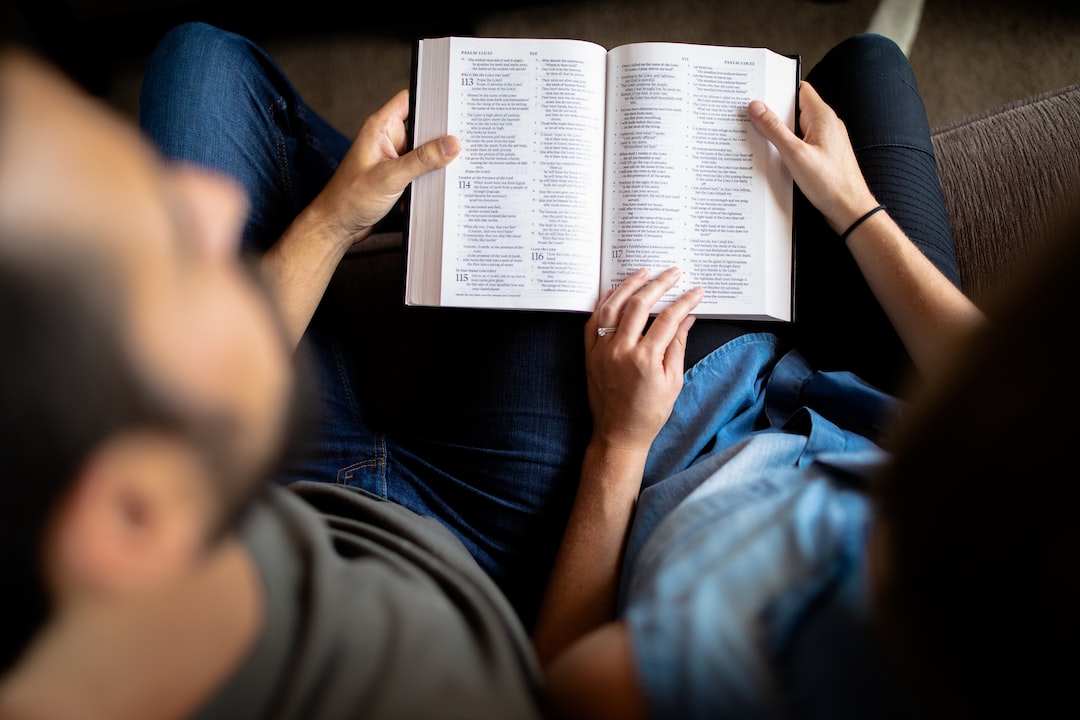The Role of Music in Religious Worship
Music has always been an integral part of religious worship across different cultures and religions. It has the unique power to transcend linguistic barriers and connect people on a deeper level, evoking emotions and fostering a sense of spirituality. Whether it is in a grand cathedral, a humble temple, or an open field, music plays a central role in enhancing the worship experience and creating a sacred atmosphere.
One of the primary functions of music in religious worship is to enhance the prayer or meditation experience. It helps to create an ambiance that facilitates a deep connection with the divine. Different genres and styles of music can be employed to achieve various effects. Soft and soothing melodies played on traditional instruments like the harp or the sitar can induce a state of tranquility and calmness, promoting a meditative atmosphere in which worshippers can center their thoughts and emotions.
On the other hand, lively and energetic music with drums, bells, and other percussive instruments can invoke a sense of joy, celebration, and spiritual ecstasy. Such music is particularly common in African and Latin American religious practices, where rhythmic drumming is believed to summon the energy of the deities and facilitate a direct connection with the divine.
In addition to enhancing the worship experience, music also serves as a medium through which religious teachings and values are conveyed. Hymns, songs, and chants often contain profound spiritual messages and stories from sacred scriptures. Through the power of music, these messages are not only communicated intellectually but also deeply internalized and remembered. This is especially true in congregational singing, where worshippers join their voices in unison, creating a communal spirit of unity and bonding.
Moreover, music can inspire and uplift the spirit, bringing worshippers closer to their spiritual beliefs. It has the power to touch the depths of the human soul, evoking emotions that words alone cannot express. From the mournful chants sung during a requiem Mass to the exhilarating gospel songs that fill a church on a Sunday morning, music has the ability to move, transform, and uplift the hearts of those who partake in religious worship.
Notably, music can also serve as a tool for cultural preservation and identity. In many religious traditions, music has been passed down through generations, preserving the cultural heritage of a community. Traditional instruments, melodies, and musical styles are often unique to a particular culture or religious group, and their preservation ensures the continuity and authenticity of religious practices.
Beyond the immediate impact on worshippers, music in religious worship also has a broader societal influence. Many religious composers and musicians have created masterpieces that have transcended religious boundaries and become iconic pieces of art. Works like Handel’s “Messiah” or Bach’s “Mass in B Minor” are universally admired, appreciated, and performed by musicians and audiences around the world. These compositions not only convey religious devotion but also represent the highest levels of artistic achievement and creativity.
In conclusion, the role of music in religious worship is multifaceted and profound. It enhances the worship experience, conveys spiritual teachings, uplifts the spirit, preserves cultural heritage, and even contributes to the broader musical landscape. Music has the unique ability to create a sacred space where people can connect with the divine, regardless of their individual religious beliefs. As the renowned philosopher Friedrich Nietzsche once said, “Without music, life would be a mistake.” In the context of religious worship, one could argue that without music, worship would be incomplete.

